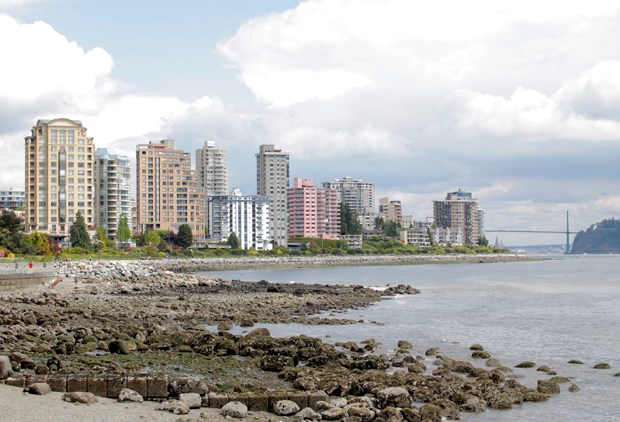There appears to be a profound and deepening rift in viewpoints on West Vancouver council.
Looking at the same facts and the same municipality, two different interpretations have emerged, leading to two different preferred courses of action. The resulting friction has become more and more evident in recent council meetings.
Either West Van is on the road to ruin due to a hollowing out of diversity, a missing middle, a serious shortage of rental housing, and a dangerous housing affordability crisis; or it is a dream municipality that needs only a little guidance to evolve as one might expect of Canada’s premier residential corner.
The first of those views leads to an urgent drive for significant growth, with the emphasis on apartments and townhomes to attract the missing middle, to provide housing (often subsidized) for the people we rely on to keep the place safe and maintained, and to provide workers for our retailers and restaurants.
The second view leads with less urgency to more managed growth, built on long-term planning with meaningful input from the residents; this view recognizes that West Vancouver is not a “fully balanced” community, but is not uncomfortable with that reality.
As one of our councillors regularly reminds us, “People are entitled to their own opinion, but not to their own facts.” There are, however, multiple ways to select and interpret the facts, and we are seeing that dynamic at work in this council.
For example, it is entirely true that West Vancouver does not offer a full range of housing, or housing price points, for the full range of society. But it is equally true that the municipality does not offer – and never will – the full range of jobs and services to support a widely diversified economy. There is no manufacturing, distribution, high tech, auto body shops, warehousing, university or port infrastructure; after decades targeting high-end residential, we should not be surprised nor disappointed that we have the demographic mix we have.
And, yes, the statistics show there is a significant gap in housing affordability compared to incomes. By the stats, almost no one in West Van can afford to live here, yet we do – how does that happen? Well, for one thing consider the number of retired people here. Many of us live in $3 or $4 million homes with no mortgage and deferred taxes; our relatively small retirement incomes might be perfectly in balance with our admittedly expensive housing when you consider the statistics in the bigger context. Add in the entrepreneurs and offshore satellite families living here, and the real picture is more clear: West Van is not a municipality where incomes are tightly tied to housing costs.
It should be possible for us all to agree there are very good reasons to expand housing options. More diversity of price points, rentals, and residents is never going to be a bad thing. And the municipality’s ever-growing expenses require growth to increase the tax base.
By the same token, nobody moved to West Vancouver hoping it would become a more balanced community – we moved here because we assumed it would retain its charm and character.
So wouldn’t it be more productive if all of council, from both viewpoints, recognize that, yes, growth is required, but that it must be growth for the good of the community, rather than as an urgent need to correct a societal imbalance?
Tom Dodd is a retired West Vancouver resident, active in the community as chair or co-chair of the Neighbourhood Character Working Group, PumpkinFest and the Navvy Jack House Citizen Group.



